Home>Ideas and Tips>Smart Light Bulb Circadian Rhythm Settings to Improve Sleep
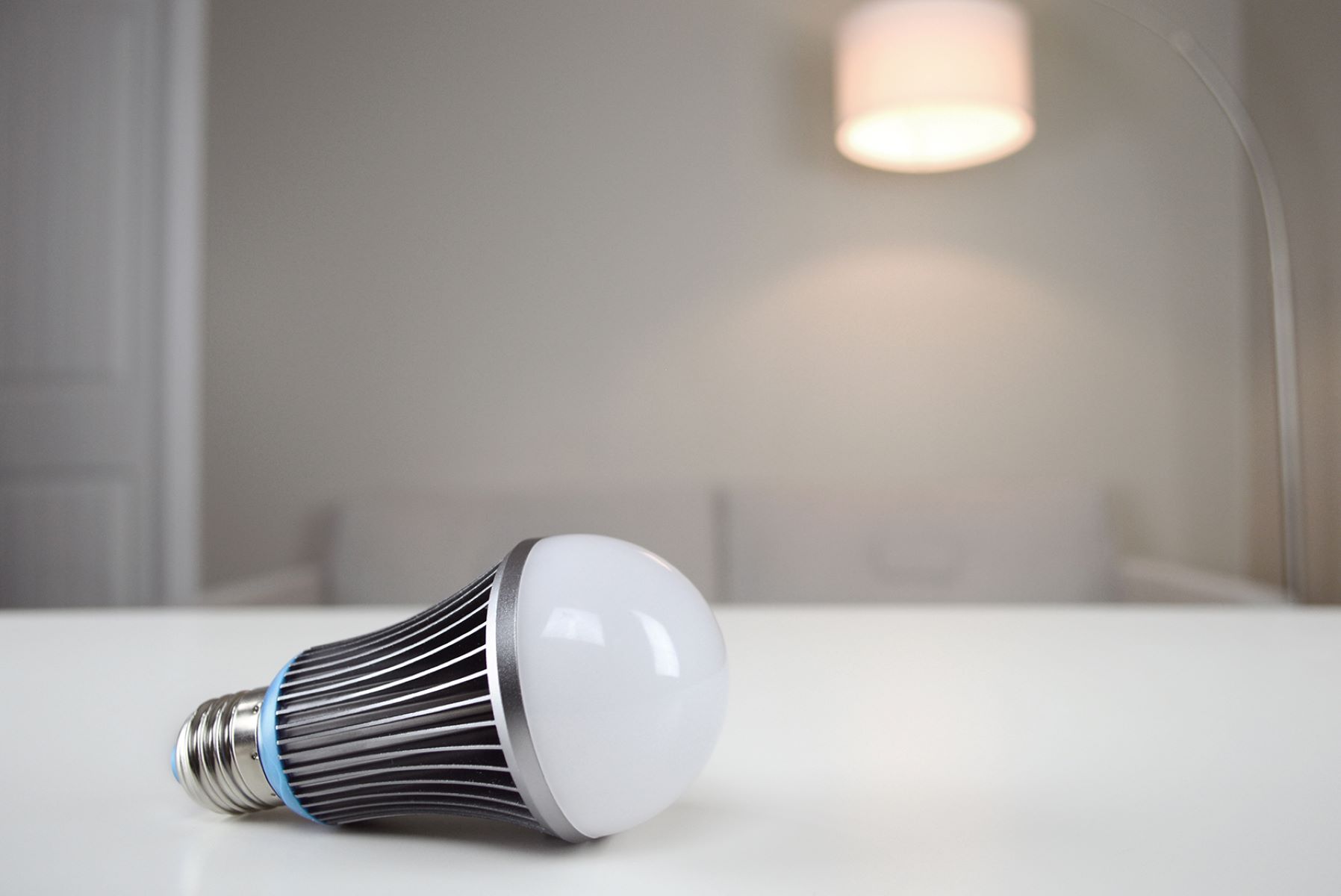

Ideas and Tips
Smart Light Bulb Circadian Rhythm Settings to Improve Sleep
Published: September 2, 2024
Discover how smart light bulbs with circadian rhythm settings can enhance sleep quality by mimicking natural daylight patterns. Improve your sleep today!
(Many of the links in this article redirect to a specific reviewed product. Your purchase of these products through affiliate links helps to generate commission for Storables.com, at no extra cost. Learn more)
In today's world, where technology has become an integral part of our daily lives, smart home devices are increasingly being used to enhance comfort and health. One of the most significant advancements in this field is the development of smart light bulbs that can be programmed to mimic natural daylight patterns, thereby helping regulate our internal body clocks. This article delves into the importance of circadian rhythm settings in smart light bulbs and how they can significantly improve sleep quality.
Understanding Circadian Rhythms
Circadian rhythms are internal biological processes that occur in approximately 24-hour cycles. These rhythms are controlled by a small group of cells in the brain called the suprachiasmatic nucleus (SCN), which acts as our internal clock. The SCN is entrained by light and darkness, synchronizing our internal biological rhythms with the external environment.
Read more: How To Connect Smart Light Bulb
Impact of Artificial Light on Circadian Rhythms
Humans have always been sensitive to light, but with the advent of artificial lighting, our exposure to light has changed dramatically. While artificial light can be beneficial during the day, it can also disrupt our natural sleep patterns if used improperly. Exposure to light at night suppresses the production of melatonin, the sleep-promoting hormone, leading to circadian disruption and sleep problems.
Benefits of Natural Daylight
Natural daylight has been shown to advance the timing of sleep and improve sleep quality. Studies have found that spending more time outdoors during the day can advance sleep by about 30 minutes. Additionally, natural daylight exposure during the day affects sleep duration; shorter daylight exposure and longer nights are associated with longer biological nights and thus longer sleep durations.
How Smart Light Bulbs Work
Smart light bulbs are designed to mimic natural daylight patterns, helping to regulate our internal body clocks. These bulbs can adjust their color temperature and brightness based on the time of day, creating an environment that supports healthy circadian rhythms.
Color Temperature and Brightness
Smart light bulbs use different color temperatures to simulate various times of day. For example:
- Cool White Light (Blue Light): This type of light is often used during the day to mimic natural daylight and help increase alertness.
- Warm White Light (Yellow Light): This type of light is used in the evening to simulate sunset and promote relaxation.
By gradually changing from cool white to warm white light as the day progresses, smart light bulbs can help signal to our brains that it's time to wind down and prepare for sleep.
Read more: How To Reset A Smart Light Bulb
Automated Settings
One of the most appealing features of smart light bulbs is their ability to automate lighting settings based on the time of day. Many smart light bulbs come with built-in adaptive lighting features that adjust brightness and color temperature accordingly. For instance:
- Morning Mode: Bright, cool white light to simulate sunrise and wake you up.
- Day Mode: Moderate brightness and color temperature to maintain alertness throughout the day.
- Evening Mode: Gradually warmer light to signal the approach of bedtime.
Customization Options
While many smart light bulbs come with pre-programmed settings, some offer customization options that allow users to tailor their lighting schedules to their specific needs. For example, users can set specific times for lights to turn on or off, adjust brightness levels, and even create custom scenes for different activities like reading or watching TV.
Popular Smart Light Bulb Brands
Several brands offer smart light bulbs with advanced circadian rhythm settings. Here’s a brief overview of some popular options:
Apple HomeKit (Adaptive Lighting)
Apple’s HomeKit system includes an adaptive lighting feature that adjusts light color temperature based on time of day. However, this feature has limitations; it primarily focuses on adjusting brightness and color temperature without additional customization options.
Philips Hue
Philips Hue smart bulbs do not have a proprietary adaptive lighting feature but can be integrated with other smart home systems for custom automations. While this flexibility is beneficial, it requires more setup and may not be as straightforward as other options.
Nanoleaf
Nanoleaf smart bulbs have a circadian cycle feature that sounds promising but has been reported to have bugs when used with HomeKit, which can turn off the lights unexpectedly.
Shelly/Sonoff Smart Switch
Using a smart switch with cheaper RGB bulbs might seem like a cost-effective solution, but it often comes with limitations such as resetting when power is turned off or not being able to control the bulb when it has no power.
Home Assistant
Home Assistant is an open-source platform that allows users to create custom automations using various components, including adaptive lighting. This setup requires more technical expertise but offers high customization options and flexibility.
Read more: How To Use EcoSmart Light Bulbs With Alexa
Real-World Applications
Let’s look at some real-world scenarios where smart light bulbs with circadian rhythm settings can make a significant difference:
Scenario 1: Waking Up Naturally
Imagine waking up to a gradual increase in light intensity and color temperature that simulates a sunrise. This gentle wake-up process helps signal to your brain that it's time to wake up, making you feel more refreshed and alert.
Scenario 2: Evening Routine
As the evening approaches, your smart light bulbs can gradually shift from cool white to warm white light. This transition helps signal to your brain that it's time to wind down and prepare for sleep, reducing exposure to stimulating blue light from screens.
Scenario 3: Middle-of-the-Night Wake-Up
If you wake up in the middle of the night to use the bathroom, a smart light bulb can turn on with a dim, warm light instead of blindingly bright white light. This gentle illumination helps you navigate without disrupting your sleep patterns.
Health Benefits
Using smart light bulbs with circadian rhythm settings can have several health benefits:
Improved Sleep Quality
By mimicking natural daylight patterns, smart light bulbs can help regulate your internal body clock, leading to better sleep quality and duration. This is particularly important for individuals who struggle with insomnia or other sleep disorders.
Reduced Circadian Disruption
Exposure to artificial light at night can suppress melatonin production and disrupt circadian rhythms. Smart light bulbs help minimize this disruption by providing a gentle transition from day to night lighting.
Enhanced Mood and Productivity
Regulating your circadian rhythms through smart lighting can also improve mood and productivity. A well-rested body and mind are better equipped to handle daily tasks and challenges.
Read more: How To Change Under Cabinet Light Bulb
Conclusion
Smart light bulbs with circadian rhythm settings offer a simple yet effective way to improve sleep quality and overall health. By mimicking natural daylight patterns, these bulbs help regulate our internal body clocks, reducing exposure to disruptive artificial light and promoting better sleep hygiene. While various brands offer different features and customization options, the core principle remains the same: creating an environment that supports healthy circadian rhythms.
Incorporating smart light bulbs into your home can be a significant step towards better sleep and overall well-being. Whether you're looking to enhance your morning routine or improve your evening wind-down process, these bulbs provide a versatile solution that can be tailored to your specific needs.
As technology continues to advance in the field of smart home devices, it's essential to stay informed about the latest innovations that can positively impact our health and comfort. By leveraging the power of smart lighting, we can create healthier living environments that align with our natural biological rhythms.
References
- Reddit Discussion on Smart Home Lighting: A community discussion on Reddit highlights the importance of proper light temperature and brightness in achieving a healthy circadian rhythm. Users share their experiences with various smart lighting systems, including Apple HomeKit, Philips Hue, Nanoleaf, and Home Assistant.
- Impact of Evening Home Lighting: A study published in PMC highlights the adverse effects of evening home lighting on the circadian system and sleep. It emphasizes the need for biologically conscious lighting solutions that minimize disruption to natural sleep patterns.
- Effects of Light on Circadian Rhythms: An article from NCBI reviews the effects of light on human circadian rhythms, sleep, and mood. It discusses how natural daylight impacts sleep duration and quality while also exploring the risks associated with artificial lighting during evening hours.
- Smart Light Bulb Innovations: CNN reports on a smart light bulb designed to help reset the body clock by mimicking natural light pulses. This innovation underscores the growing trend in sleep health technology aimed at improving circadian rhythm regulation.
By integrating smart light bulbs with circadian rhythm settings into your home, you can take a significant step towards improving your sleep quality and overall health. As we continue to navigate the complexities of modern living, leveraging technology to support our natural biological processes is more important than ever.
Was this page helpful?
At Storables.com, we guarantee accurate and reliable information. Our content, validated by Expert Board Contributors, is crafted following stringent Editorial Policies. We're committed to providing you with well-researched, expert-backed insights for all your informational needs.
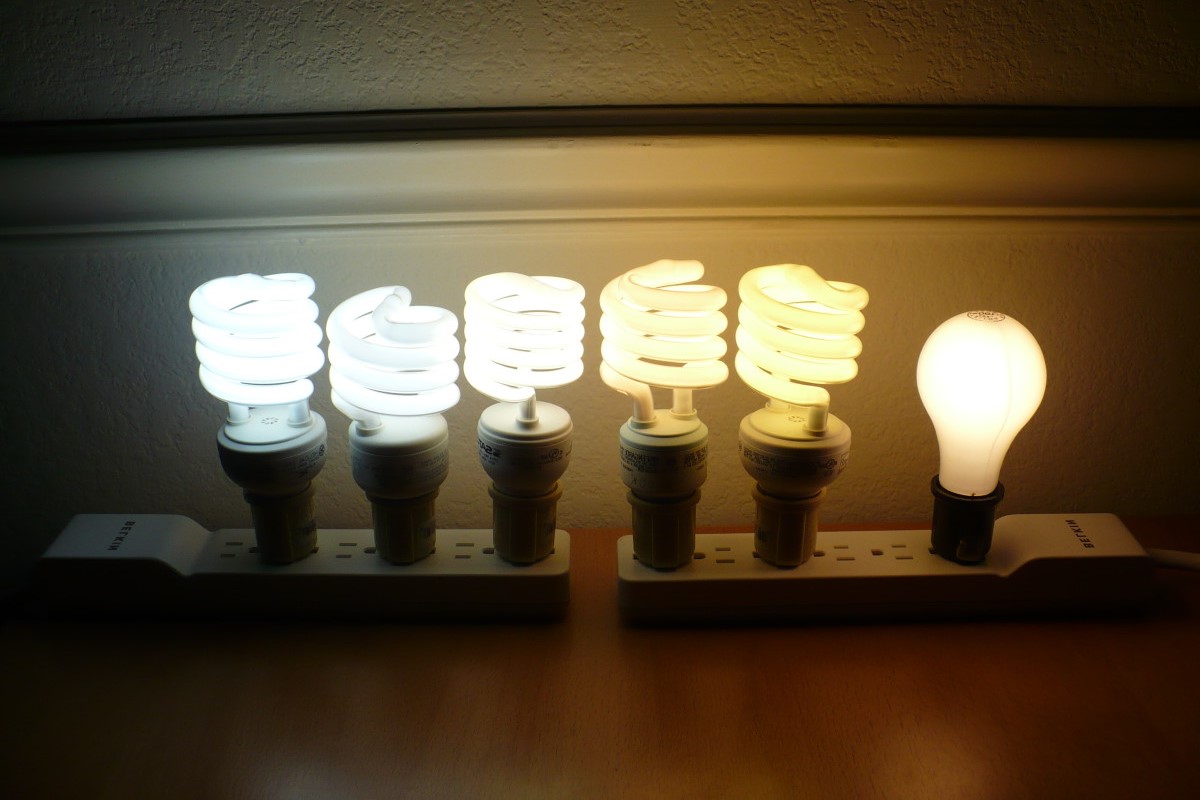
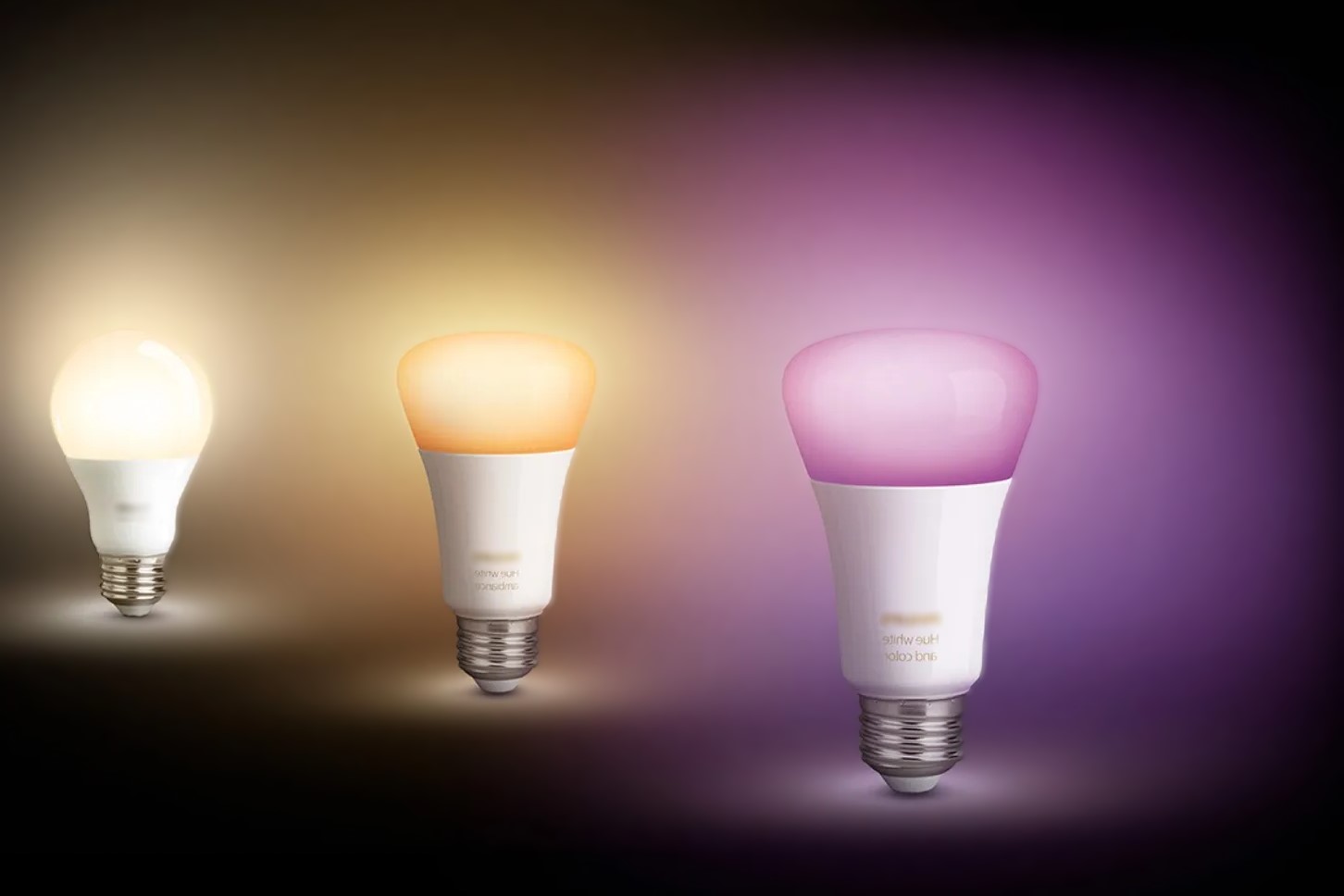

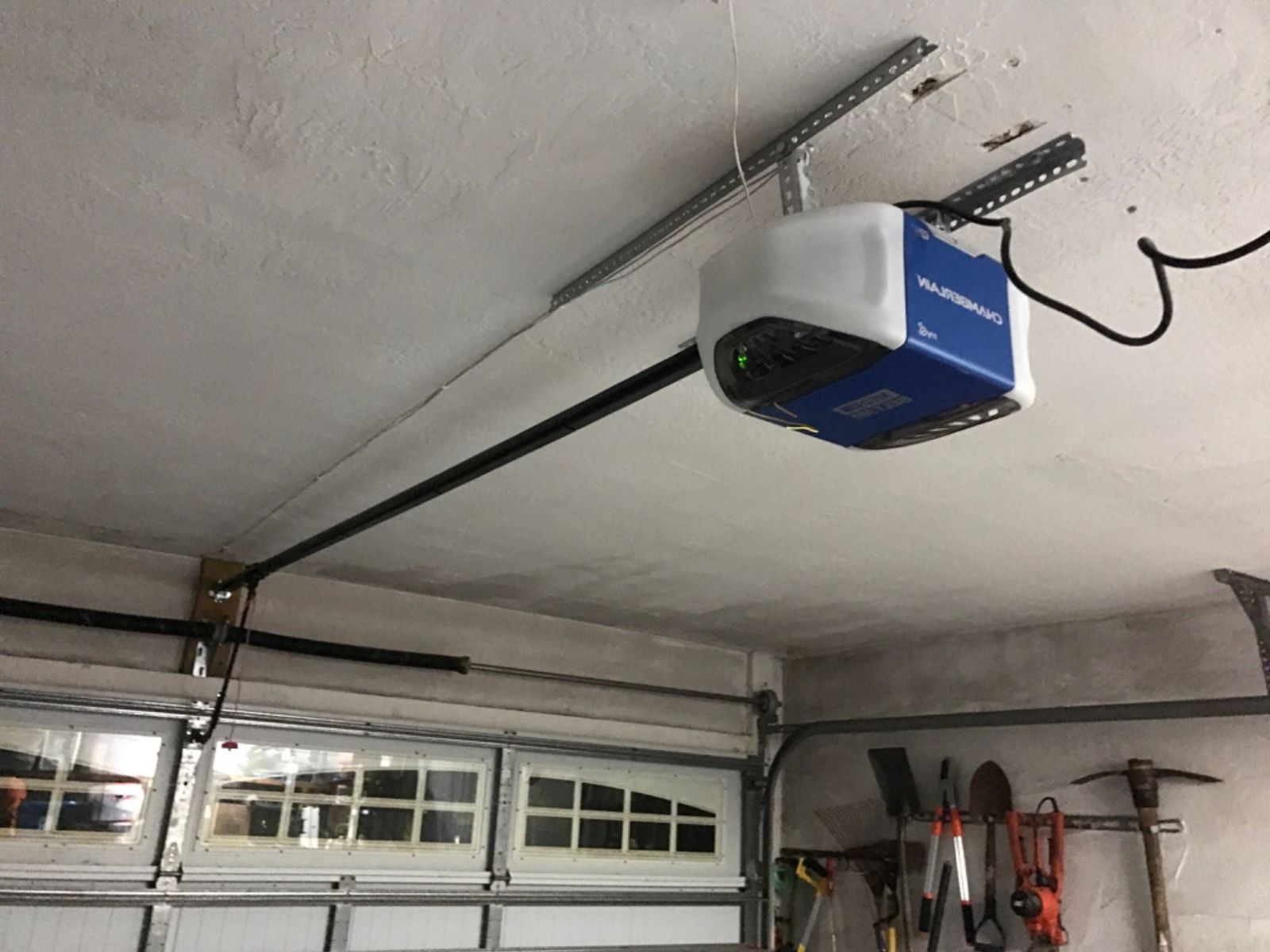
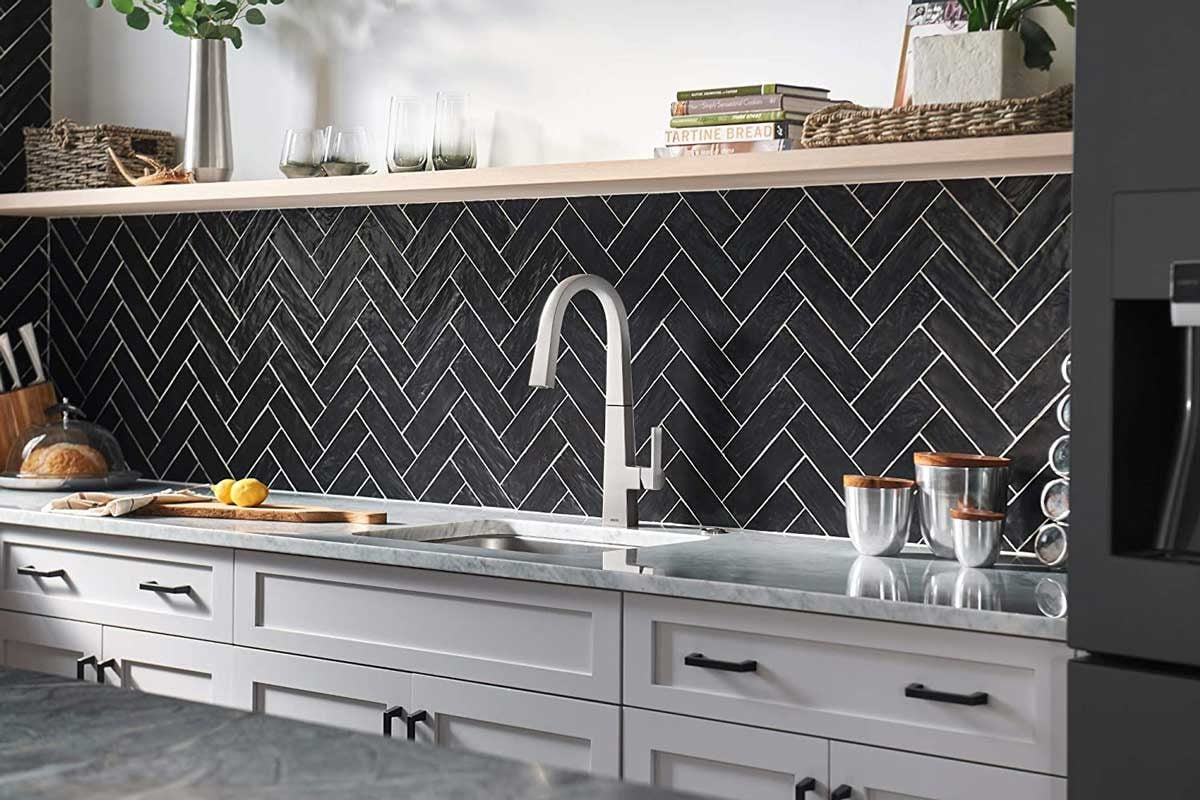
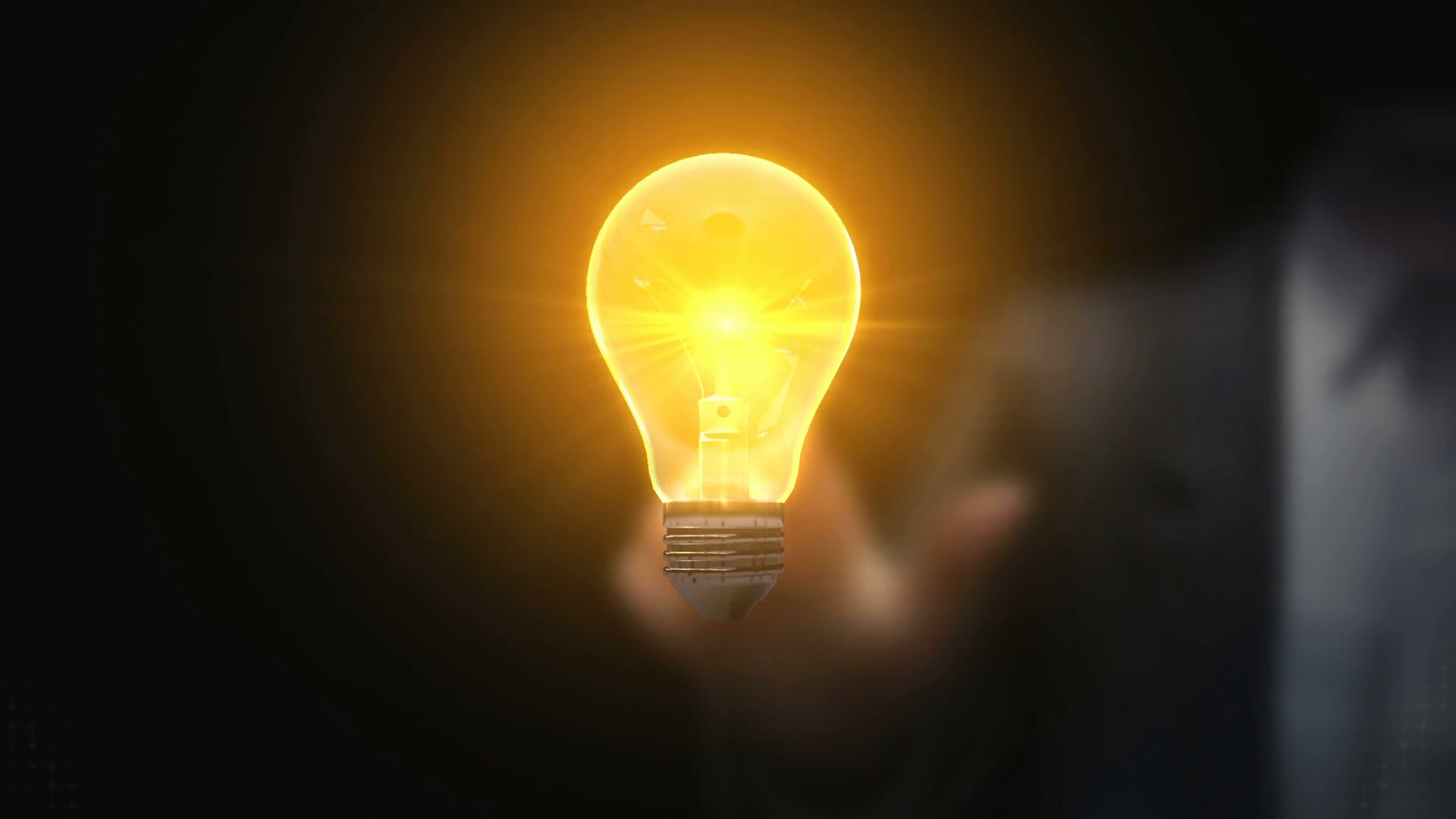


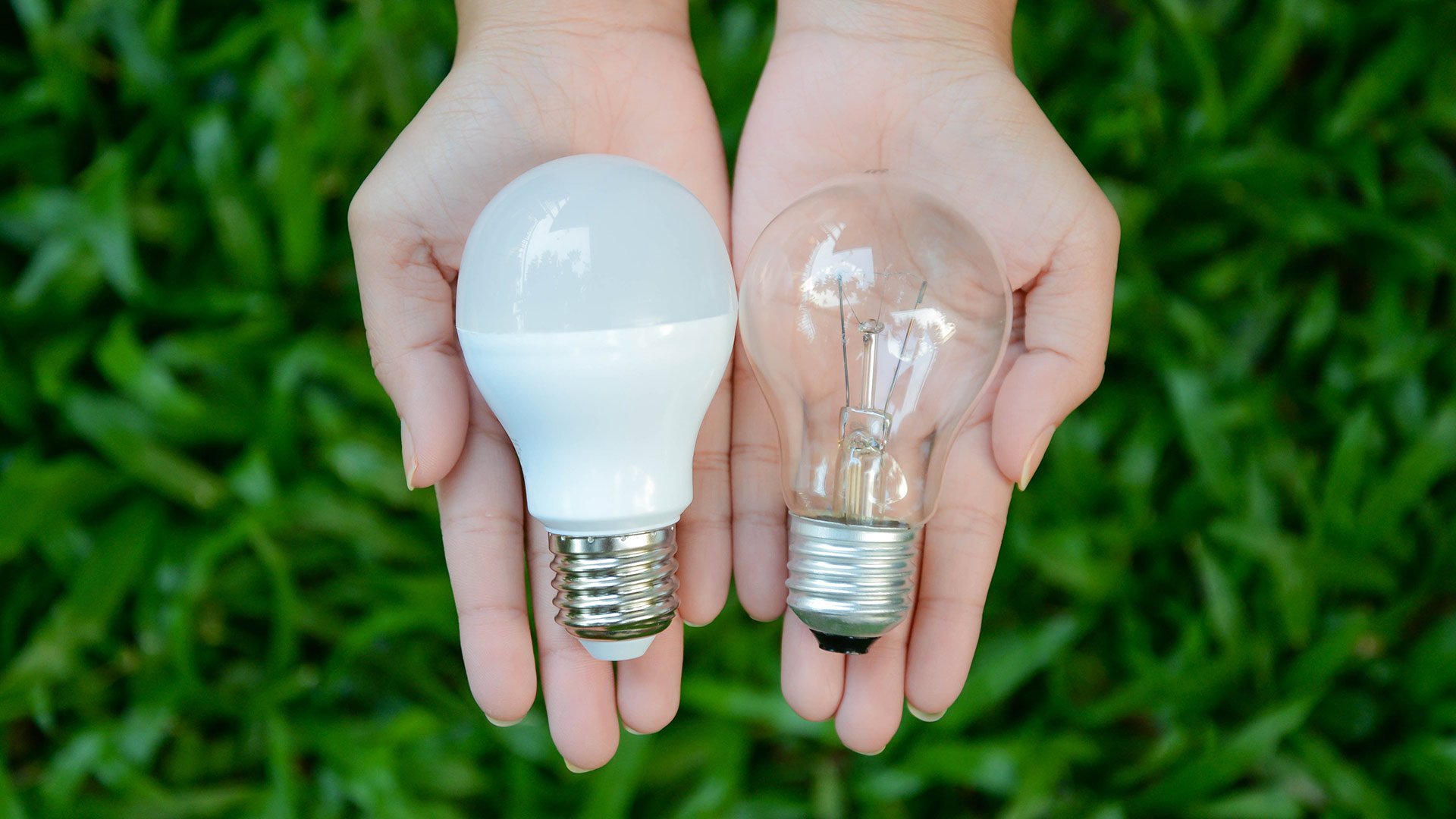
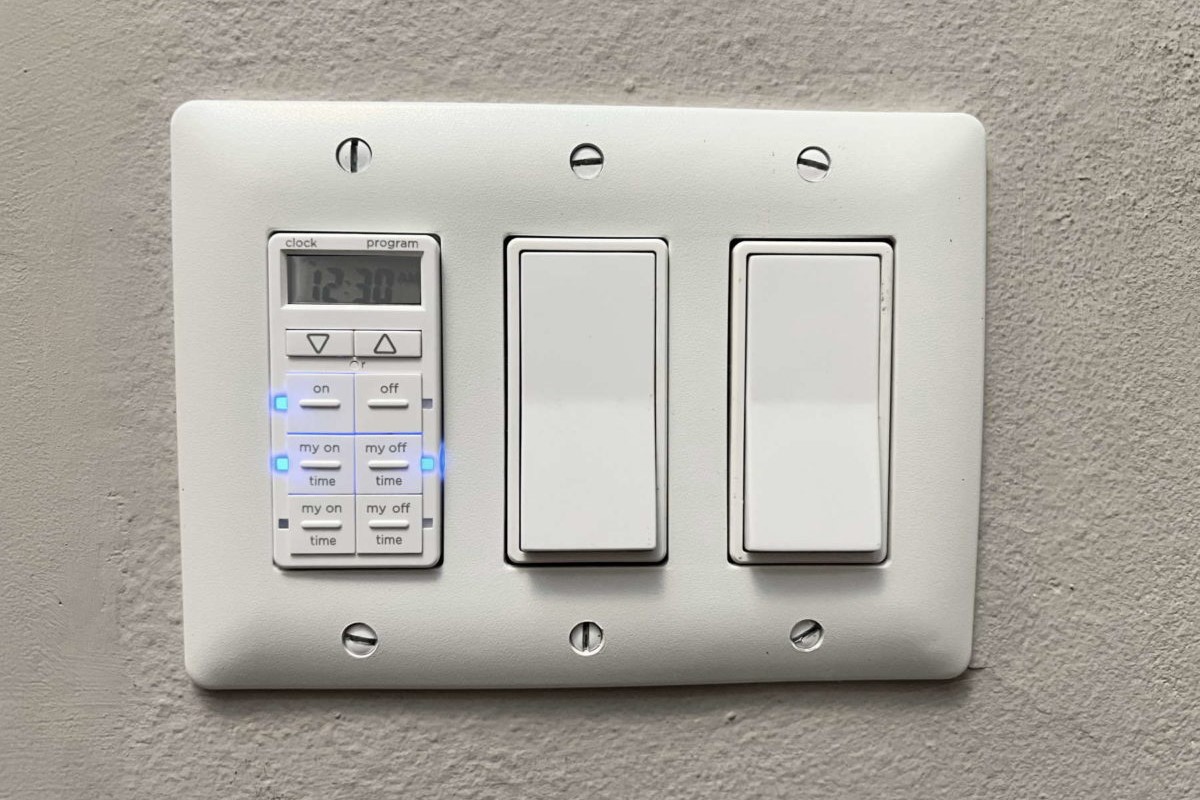

0 thoughts on “Smart Light Bulb Circadian Rhythm Settings to Improve Sleep”